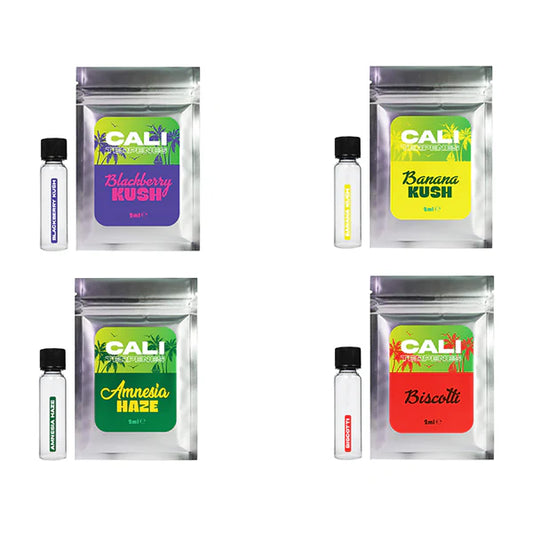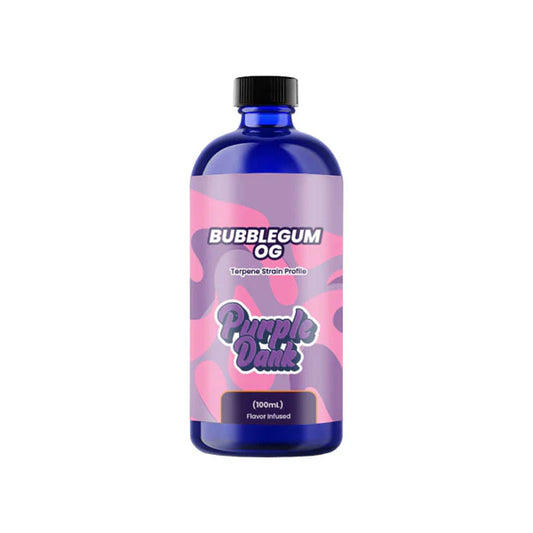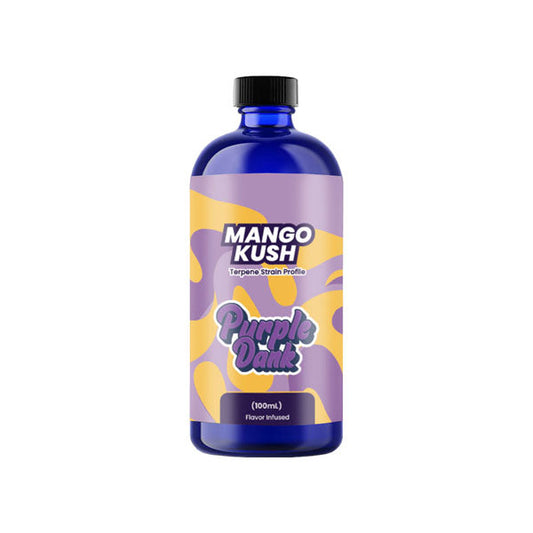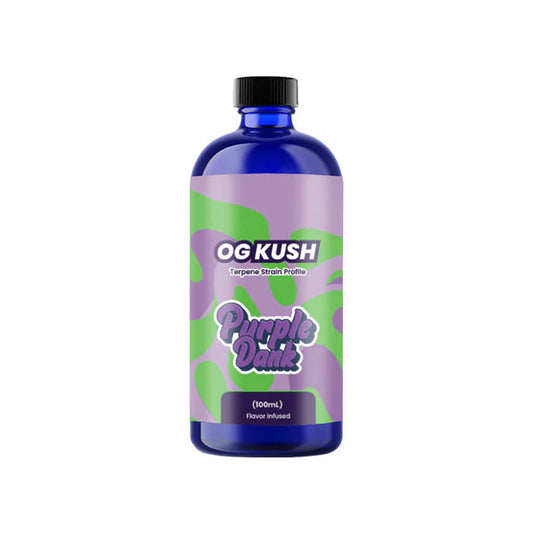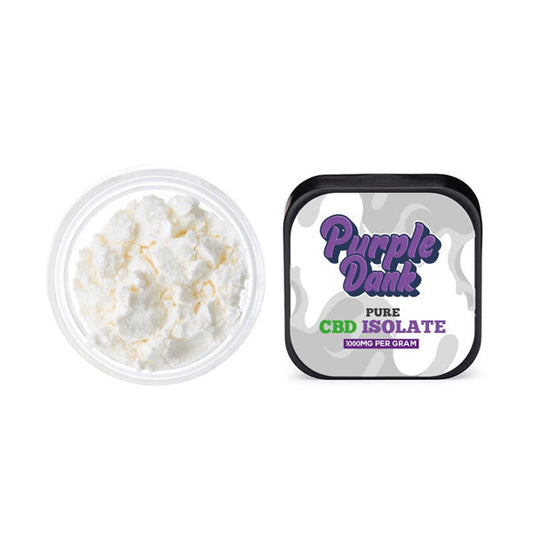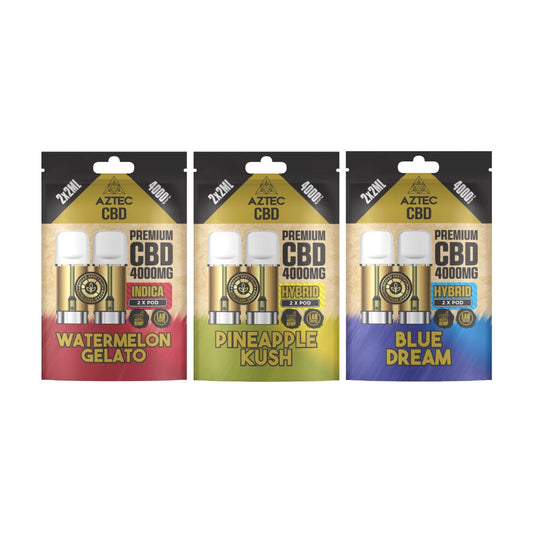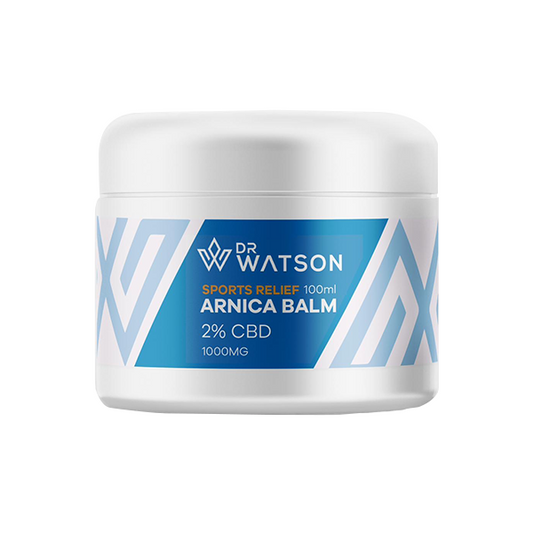Expert CBD Insights, Reviews & Wellness Guides in the UK
🔍 CBD Product Reviews
Explore detailed reviews to find the perfect CBD product for your needs.
📖 How-To Guides
Learn how to integrate CBD into your routine with practical, step-by-step advice.
💡 CBD Wellness & Education
Understand CBD’s benefits, production, and myths with our expert articles.
Frequently Asked Questions
Get quick answers to common CBD questions:
CBD, short for cannabidiol, is a natural compound found in the Cannabis sativa plant. Unlike its more well-known counterpart, THC (tetrahydrocannabinol), CBD is not psychoactive, meaning it doesn't produce a "high" sensation. Instead, it's known for its potential therapeutic properties.
CBD interacts with the body's endocannabinoid system (ECS), a complex network of receptors, enzymes, and endocannabinoids naturally produced by the body. The ECS plays a crucial role in regulating various physiological and cognitive processes, such as pain perception, mood, appetite, and immune function. CBD indirectly influences these processes by interacting with ECS receptors.
While research is still ongoing, CBD has shown promise in alleviating various conditions. Some of the potential benefits include pain management, reducing anxiety and depression, improving sleep quality, alleviating symptoms of epilepsy and seizures, and offering anti-inflammatory properties. It's important to note that individual experiences may vary, and consulting a healthcare professional is advised for personalised advice.
CBD is generally considered safe and well-tolerated, especially when taken in moderate amounts. However, some individuals may experience side effects, which can include dry mouth, changes in appetite, drowsiness, and diarrhoea. Additionally, CBD can interact with certain medications, so it's crucial to consult a healthcare provider, especially if you're taking other medications or have pre-existing health conditions.
CBD is legally available as long as it is derived from industrial hemp containing less than 0.2% THC. Unlike THC, CBD is not psychoactive, meaning it doesn't produce a "high" sensation and is considered legal. Some countries may differ, we advise to check legalities with your government.












